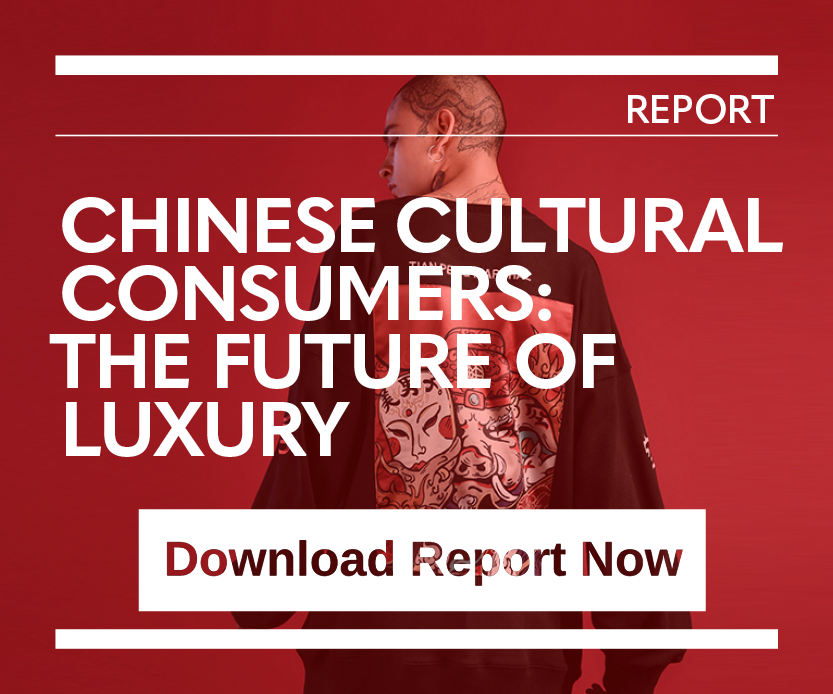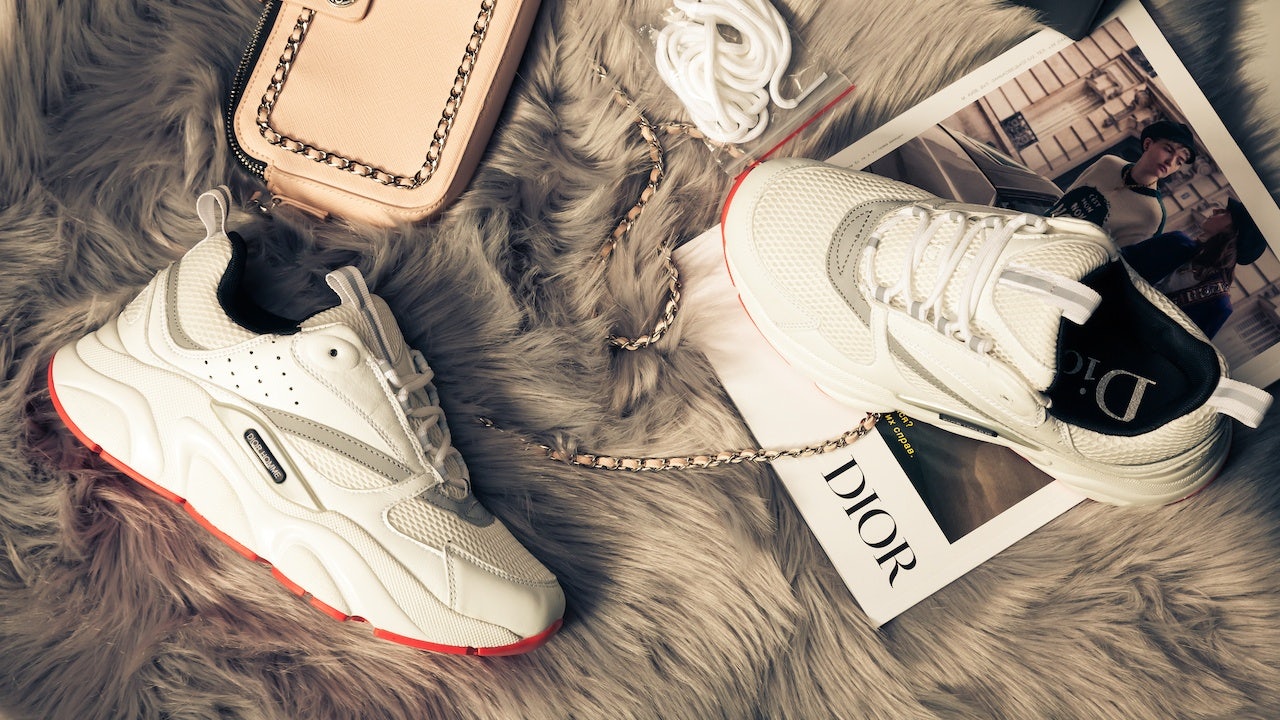The following is an excerpt from the newly published second edition of Jing Daily’s report Winning China’s High-Spending Cultural Consumer: The Future Of Luxury, packed with all-new data, case studies, and exclusive interviews. Get your copy today on our Reports page.#
China’s luxury resale segment is dwarfed by the overall luxury market, with the resale market seeing $2.69 billion in sales, compared to $53.7 billion worth of new luxury products, in 2020. However, the market is growing quickly, driven by interest among younger Chinese Cultural Consumers (CCCs). Traditionally, affluent Chinese consumers have resisted pre-owned luxury goods, in marked comparison to nearby markets like Japan and South Korea, which each boast sophisticated resale infrastructures.
But any aversion to secondhand goods is fading fast, accelerated by the COVID-19 pandemic and driven by booming interest among CCCs in reducing their carbon footprint, engaging in more mindful consumption, and collecting hard-to-find archive pieces by top designers and brands.
Much like their counterparts in Western Europe, North America, South Korea, and Japan, CCCs are shifting away from standard models of luxury consumption and purchasing more secondhand items, fueling investment in a growing number of luxury resale platforms.

Secondhand online marketplaces such as the Alibaba-owned Idle Fish — which started as a consumer-to-consumer (C2C) platform before opening to business-to-consumer (B2C) brand users in 2019 — are not especially new in China. Neither are secondhand luxury stores, with Hong Kong’s handbag-focused Milan Station expanding into major Chinese cities more than a decade ago.
But now the shift is to online, with luxury e-commerce platforms Poizon (which sells both pre-owned and new products from its brand partners), Plum, Ponhu, Feiyu, and Isheyipai among the contenders fighting for larger shares of a lucrative market that is poised for major growth.
Meanwhile, the rise of short video and e-commerce livestreaming has also had an impact on the luxury resale space, with TikTok’s China-market cousin Douyin seeing a rise in sellers of pre-owned luxury bags over the past two years.
